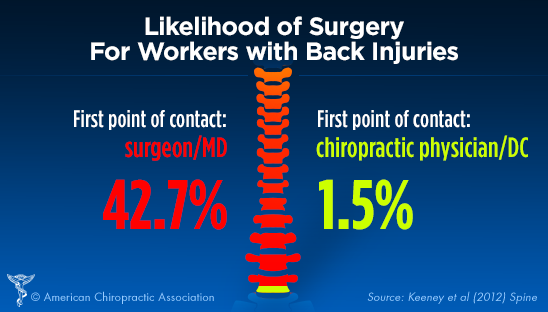When you consider discomfort administration choices, you may find yourself considering the advantages and disadvantages of various methods, consisting of acupuncture, over the counter drugs, and physical therapy. While many techniques use relief, they usually come with their own collection of challenges, like adverse effects or prolonged treatment times. Acupuncture attracts attention for its special capability to advertise self-regulation with fewer dangers. But how does its efficiency compare to more traditional methods? The nuances of these techniques can significantly affect your choices, and discovering them further can bring about shocking understandings.
Overview of Discomfort Management Techniques
When it concerns taking care of discomfort, you have a variety of methods available. These methods can range from conventional approaches to much more alternative treatments. Recognizing https://www.medicalnewstoday.com/articles/318587 is vital in locating what functions best for you.
One usual method is over-the-counter medications like ibuprofen or acetaminophen, which can provide fast alleviation for mild to modest pain. Prescription drugs, including opioids, might be necessary for a lot more serious pain, though they come with risks of reliance and negative effects.
Physical therapy is an additional effective strategy, focusing on workouts and stretches to reinforce muscle mass and enhance wheelchair. This technique often helps in handling persistent pain problems.
Additionally, some people turn to more holistic options, such as massage therapy, which can alleviate stress and boost flow.
Mind-body strategies, like mindfulness meditation or yoga exercise, help you handle pain by reducing stress and anxiety and enhancing your mental strength.
Finally, lifestyle adjustments, such as preserving a healthy diet and routine workout, can play an important function in overall pain monitoring. Each strategy has its pros and cons, so it's vital to explore what matches your demands and choices best.
Conveniences of Acupuncture
Acupuncture supplies a special approach to pain management that attracts attention amongst numerous strategies. By targeting specific points on your body, it boosts the flow of energy, or "qi," promoting natural recovery and minimizing pain.
One of the largest benefits is its minimal adverse effects. Unlike some medicines, which can result in reliance or undesirable wellness problems, acupuncture is an all natural therapy that encourages your body's self-regulation.
You'll likely find that acupuncture sessions can help alleviate chronic pain, frustrations, and even stress. Lots of people experience a feeling of relaxation and well-being during and after therapy, which can boost overall lifestyle.
And also, it's a functional choice; it can be made use of along with various other therapies, making it a great complement to your existing pain monitoring strategy.
An additional significant advantage is that acupuncture can be tailored to your specific demands. Your expert will evaluate your condition and create an individualized therapy strategy, guaranteeing you receive the care that best sustains your recovery.
With its ancient origins and expanding approval in contemporary medication, acupuncture sticks out as a compelling alternative for pain alleviation.
Comparing Performance and End Results
Pain administration methods differ commonly in their performance and outcomes, making it critical to understand just how they stack up against one another. When taking into consideration options like acupuncture, physical therapy, and medication, you'll discover distinct distinctions in how each approach addresses discomfort.
Acupuncture, for example, often offers alleviation for persistent pain conditions, with researches revealing substantial renovations hurting degrees for many individuals.
In contrast, medications like opioids can efficiently handle sharp pain yet carry threats of dependence and side effects.
Physical treatment focuses on rehab and might take longer to show results, which can be discouraging if you need prompt alleviation.
When examining these methods, think of your particular pain type and your personal wellness goals. Some people discover that a combination of approaches works ideal for them.
For anxiety treatment murray hill , you could benefit from acupuncture sessions along with physical treatment to make best use of recovery.
Eventually, comprehending the effectiveness and end results of each method will help you make educated choices concerning your discomfort administration approach, allowing you to choose the strategy that best suits your needs and lifestyle.
Conclusion
In recap, acupuncture stands out as a valuable choice to conventional discomfort monitoring methods. It offers fast relief and cultivates self-regulation without the threats of dependence related to medicines. While physical treatment may demand even more time for outcomes, acupuncture can provide prompt advantages, making it an attractive choice for those looking for relief from persistent discomfort and anxiety. By incorporating acupuncture into your pain monitoring plan, you can improve your overall well-being and reclaim control over your health.
